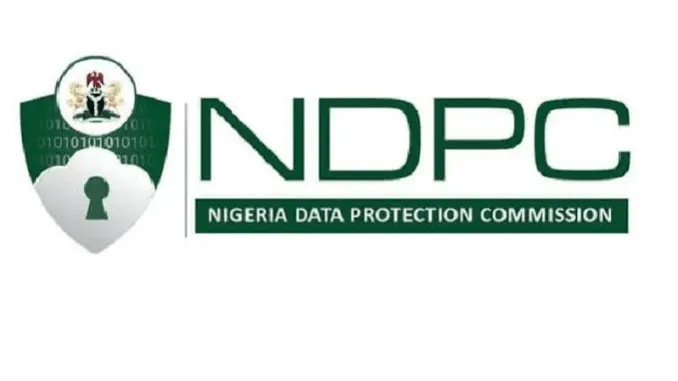The Nigeria Data Protection Commission (NDPC) has fined Fidelity Bank #555.8 million for a data breach that exposed sensitive customer information. This penalty serves as a wake-up call for the financial institution and highlights the increasing scrutiny and regulatory actions being taken against organisations in Nigeria regarding data protection and privacy.
The NDPC’s decision to fine Fidelity Bank stems from an incident in which the bank failed to adequately protect customer data, leading to unauthorised access and potential misuse of personal information.
This breach not only compromised the privacy of numerous customers but also raised significant concerns about the bank’s data security measures. The NDPC emphasised the importance of compliance with the Nigeria Data Protection Regulation (NDPR), which mandates that organisations implement robust security protocols to safeguard personal data.
Read also: First Bank sacks 100+ employees after ₦40bn fraud, freezes their accounts
What led to the NDPC’s investigation of Fidelity Bank?
The NDPC conducted the investigation of Fidelity Bank following a complaint in April 2023, and at the end of the investigation, it was concluded that the bank had failed to adhere to the NDP Act 2023 and NDPR 2019.
Before imposing a fine of 8.5 million euros, the commission conducted an analysis based on the degree of infringement, consequences, number of affected data subjects and bank cooperation.
According to the NDPC, this penalty stands at about 0. This was followed by 1% of the gross earnings of Fidelity Bank for the year 2023 to enhance the discouragement of other organisations that may tend to ignore data protection regulations.
Implications for Fidelity Bank
The N555.8 million fine must have woken up Fidelity Bank and other financial institutions operating in Nigeria to the reality of the new dispensation fully deployed in the fight against sharp practices. As such, it underpins the need for existing and new banks to step up on data protection to meet the set regulations by the authorities.
Failing to do so could cost them penalties in their profits and revenue and damage to reputation and customer trust. Whereas the NDPC has boosted signals that it will not compromise with laxity on issues to do with data protection, organisations must ensure the safety of their customer’s data.
It’s pretty sobering to think just how much its proposals will potentially affect the financial industry.
Read also: Shago Payments and Fidelity Bank’s ₦811 million chargeback dispute
This particular occurrence and the following fines are discussed as a regular practice constituting the Nigerians’ buoyant tendency of the regulatory authorities to pay attention to data protection and privacy issues. Due to developing consciousness regarding personal data, the consumer expects financial institutions to change.
The actions of the NDPC reveal that observing data protection regulations is an enforced exercise rather than a mere discretionary activity that organisations within the financial sector can implement at their discretion to enhance operational integrity.
The fine imposed by Fidelity Bank’s NDPC should be a wake-up call for all organisations to embrace data protection policies and ensure that they adhere to the required regulatory measures.
This would enhance the security of these customers’ information and help sustain the integrity of the financial system. The hefty penalty underscores the seriousness with which the NDPC takes data breaches and the importance of implementing robust security measures to safeguard sensitive customer data.
















